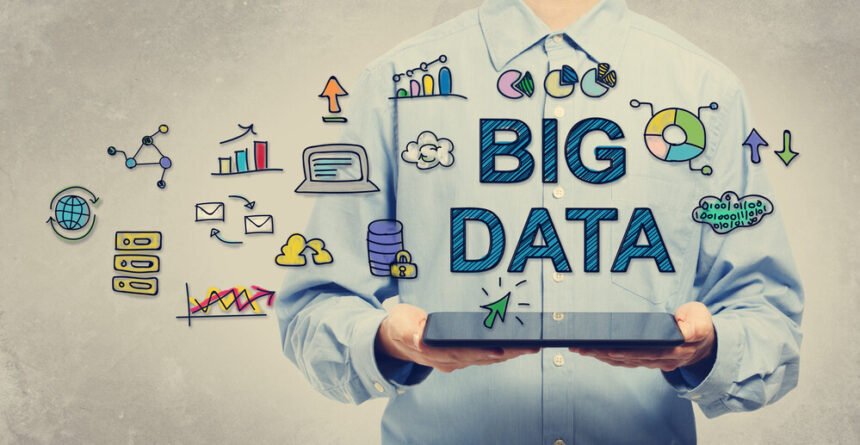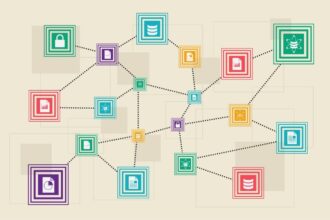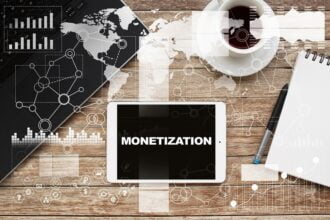I hadn’t even heard of the term big data until a few years ago. I now realize that it has changed every facet of our lives. We live in a capitalist society in the informational age, so big data is going to transform our world for years to come.
Big data is forever changing the landscape of the way we live. There are many benefits to using big data for various purposes. This article will share some information with you about the nature of these benefits – once you read this article, you will learn more about what makes big data so great for organizations, regardless if it’s organizations that sell iSelect – NBN Plans or that sell anything else, really. So, without further ado, we introduce to you the key benefits of using big data.
Big data helps in learning more about your customers
The subheading from above is an understatement – with big data you will get to personally know your customer base. There used to be a time when organizations had to use now-obsolete methods to gather data about the way customers feel about their products, such as online surveys and questioners. Well, with the introduction of big data – all of this is in the past. Now you will have a real-time access to what your customers think and feel about the products and services that you’re selling. And if you’re a business owner of any kind – you will know that this information is priceless.
How do you use big data to learn more about customers? There are actually a number of ways. You need to do your due diligence and learn as much as possible.
Big data helps you create better products and services
Niraj Dawar wrote a thought provoking piece in Harvard Business Review. Dawar says that too many companies use big data to improve their marketing. They should also be using it to create more value for their customers.
To build lasting advantage, marketing programs that leverage big data need to turn to more strategic questions about longer term customer stickiness, loyalty, and relationships,” Dawar writes. “The questions that need to be asked of big data are not just what will trigger the next purchase, but what will get this customer to remain loyal; not just what price the customer is willing pay for the next transaction, but what will be the customer’s life-time value; and not just what will get customers to switch in from a competitor, but what will prevent them from switching out when a competitor offers a better price.
Related to the first point is this second point – by knowing what your customers feel and think about your products in real time, you will be much better equipped and prepared to make immediate changes for the products that you sell. You’re undoubtedly well aware that sometimes a delay in a reaction can spell a disaster for your business. So, big data can help you in getting real-time knowledge that will give you the opportunity to make changes and adjustments as you go.
Big data helps you determine the risk
Risk is something that you have to take just by living. And risks become even more important if you happen to run a business. Now, with the help of big data, you will be able to appropriately assess the risk levels of particular groups of customers or of suppliers. Sometimes the right risk assessment can spell the difference between your business flourishing and your business going under.
Big data can help you improve the tech support for your customers
You can collect big data on machines that work from a very big distance to your headquarters. This means that you will be able to monitor every little deviation from the norm that the machine makes – and when this happens, you will be immediately able to warn the technical support team about it. In this way, everybody wins, as your customers will be happy to get high-quality technical support, and you will have fewer headaches with technical support issues.
Big data is a phenomenon that shows that it can change our lives for the better in many different ways. What remains for you to do is to start using it and implementing it for the improvement of the products and services that you sell.











